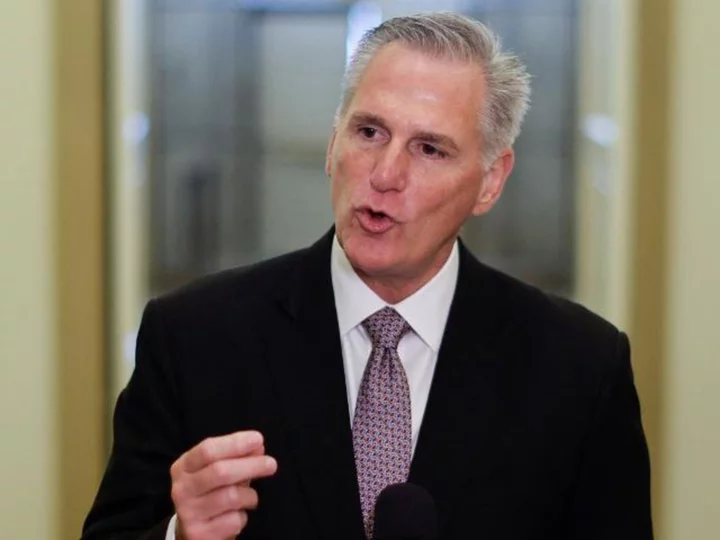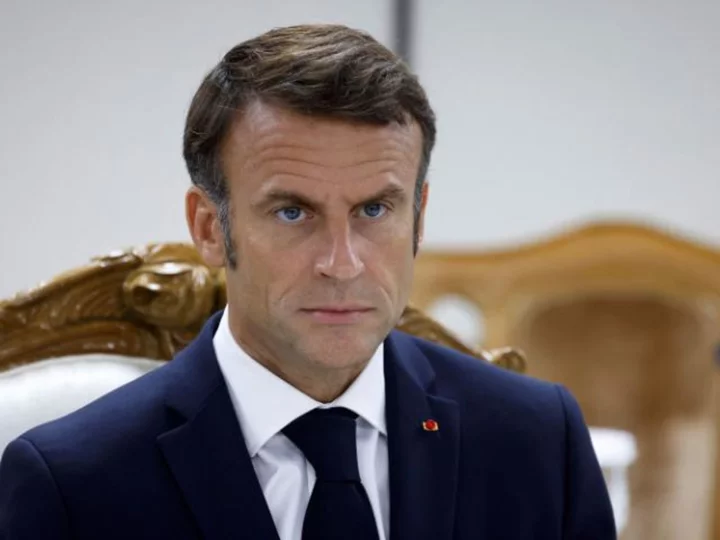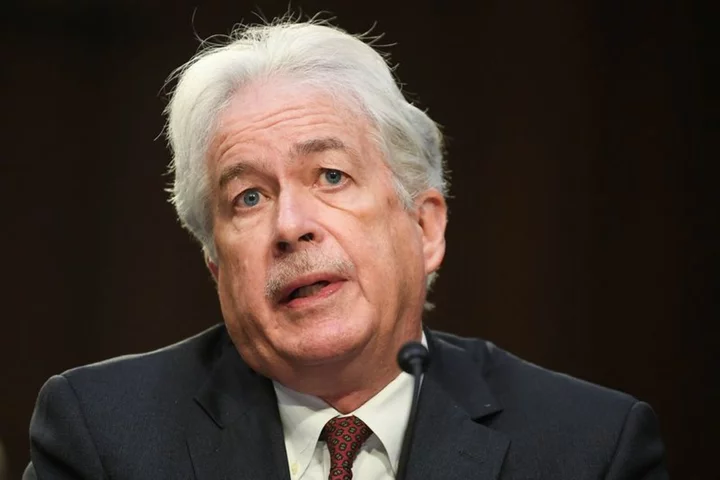TAIPEI (Reuters) -There is no reason for China to take "provocative" action in response to brief visits to the United States next month by Taiwan Vice President William Lai, the top U.S. diplomat in Taipei said on Wednesday.
China, which views Taiwan as its own territory, has stepped up military and political pressure over the past three years to try and force the island to accept Beijing's sovereignty claims, which the government in Taipei strongly rejects.
Taiwan will hold presidential and parliamentary elections in January, with Lai, the ruling Democratic Progressive Party's (DPP) presidential candidate, the frontrunner in most opinion polls.
Taiwan's government said on Monday that Lai would be stopping off in the United States on his way to and from Paraguay for the inauguration of its new president, drawing anger from Beijing which slammed Lai as a separatist.
Sandra Oudkirk, director of the American Institute in Taiwan, said she did not have details about Lai's transits, noting Taiwan itself had not yet said which cities he would go to.
But such transits are routine and have happened many times previously, she added.
"Given the really long distances that people are travelling, these transits really are a way to sort of provide for safety, comfort, convenience and dignity of the traveller," Oudkirk, the de facto U.S. ambassador in Taiwan, told a news conference.
"On the issue of how the PRC might or might not react, like I said before, this is a routine occurrence," she added, referring to China's official name, the People's Republic of China.
"There is absolutely no reason for the PRC to use the transit as a pretext for any sort of provocative action. And we certainly hope that they don't."
In August and then again in April, China staged large-scale war games around Taiwan, angered by the August visit to Taiwan of then-U.S. House Speaker Nancy Pelosi and in April by Taiwan President Tsai Ing-wen meeting current House Speaker Kevin McCarthy in Los Angeles, while she was transitting back from a visit to Central America.
The United States, like most countries, has no formal relations with Taiwan, but is the island's most important international backer and supplier of arms.
Tsai and her government, including Lai in an op-ed in the Wall Street Journal this month, have repeatedly offered talks with Beijing, but have been rebuffed as China views them as separatists.
China's embassy in Washington on Tuesday, responding to Lai's op-ed, said his "word tricks aren't in the interest of peace at all".
The "DPP's attempt to sell out Taiwan is despicable. Seeking independence is doomed to fail", it added.
(Reporting by Ben Blanchard; Editing bh Tom Hogue and Muralikumar Anantharaman)









